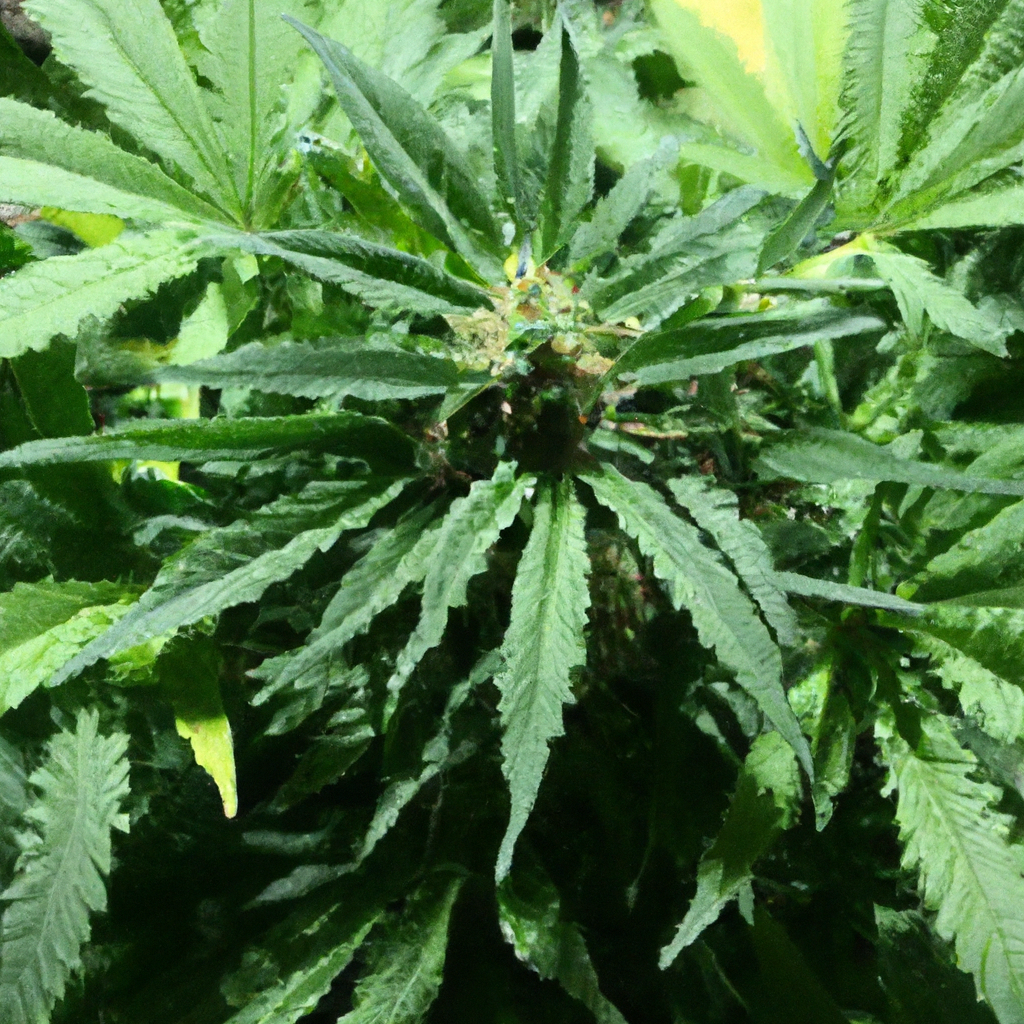Your cart is currently empty!
In recent years, the demand for organic cannabis has surged as consumers become more conscious of sustainable practices and the benefits of natural cultivation. This shift is not only environmentally friendly but also produces cannabis that is often more flavorful and potent. Whether you’re a seasoned grower or a beginner, embracing organic practices can elevate your cultivation game while promoting ecological balance.
Building a Robust Soil Ecosystem
The foundation of organic cannabis cultivation is vibrant and healthy soil. By nurturing a living ecosystem beneath your plants, you’ll boost growth and resilience naturally.
- Compost Integration: Use homemade or locally sourced compost to improve soil structure and microbial life. Compost serves as a natural conditioner that enhances nutrient retention and water-holding capacity.
- Mulching Techniques: Cover the soil with organic materials like straw or leaves to retain moisture, suppress weeds, and enrich the soil as they decompose.
- Crop Rotation: Rotate cannabis with other plants such as legumes, which can fix nitrogen in the soil, offering a natural fertilization cycle.
Natural Fertilizers: Nutrient-Rich Growth
Instead of synthetic fertilizers, which can harm the environment, opt for natural alternatives that provide essential nutrients for your cannabis plants.
- Worm Castings: Rich in nitrogen, phosphorous, and potassium, worm castings are an excellent soil amendment that promotes healthy root development.
- Bone Meal: High in phosphorous, bone meal supports flowering and can be an effective way to enhance plant growth naturally.
- Fish Emulsion: This liquid fertilizer is high in nitrogen and perfect for the vegetative stage, fostering lush growth.
Eco-Friendly Pest Control
Organic cannabis growers can manage pests efficiently without resorting to harmful chemicals, which can have long-lasting negative effects on the soil and environment.
- Companion Planting: Introduce plants like basil, marigold, or lavender, which naturally repel pests while attracting beneficial insects.
- Neem Oil: Derived from the neem tree, this oil is a biodegradable solution to control sap-sucking insects and fungal diseases.
- Beneficial Insects: Introduce ladybugs or predatory mites into your greenhouse to naturally keep pest populations under control.
The Environmental and Consumer Benefits of Organic Cannabis
Choosing organic cultivation methods offers multiple advantages, enhancing both environmental sustainability and consumer health.
- Environmental Impact: Organic methods promote biodiversity and soil health, reducing pollution and conserving water, which contributes to sustainable agriculture practices.
- Consumer Health: With organic cannabis, consumers are less exposed to residues of synthetic pesticides and fertilizers, leading to safer and cleaner products.
- Flavor and Aroma: Organic cannabis plants often have richer terpene profiles, resulting in better taste and enhanced aroma, providing a superior experience for the user.
Conclusion
By fully embracing organic growing techniques, cannabis cultivators can produce healthier and more sustainable crops. Not only does this approach benefit the environment, but it also ensures consumers receive a pure product that’s free of harmful chemicals. Whether it’s improving soil health, utilizing natural fertilizers, or engaging in eco-friendly pest control, every step in organic cultivation brings us closer to a more sustainable future. Cultivate wisely and let nature guide your growth journey.


Leave a Reply